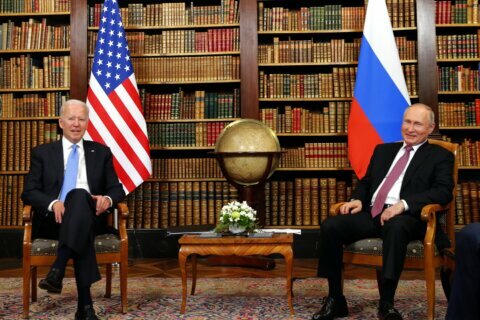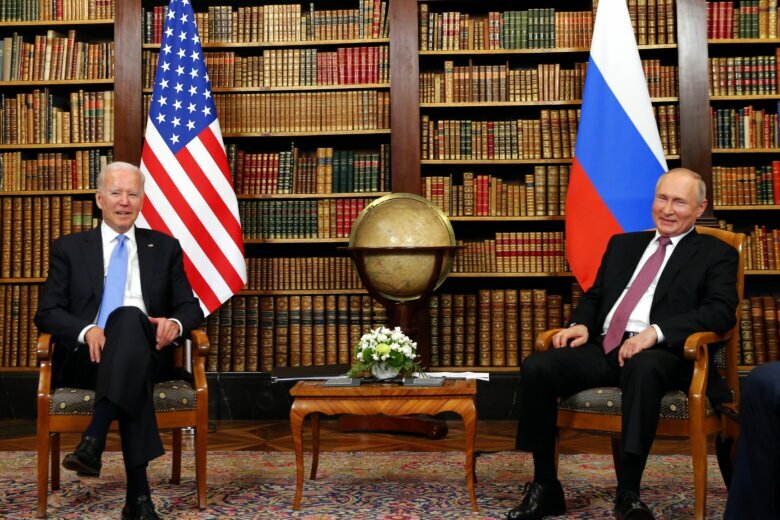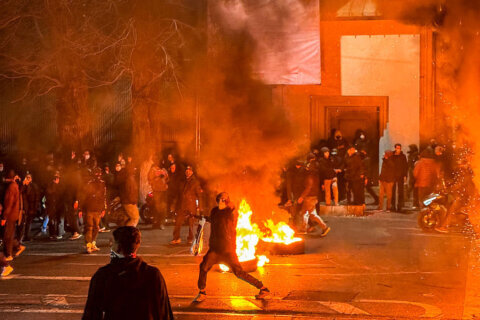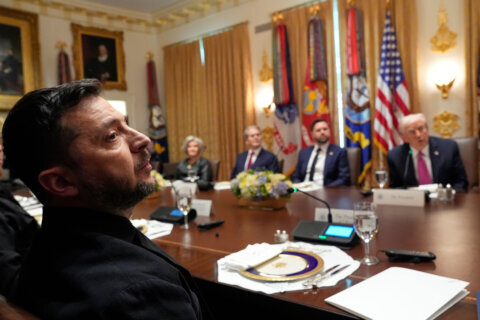
The summit between U.S. President Joe Biden and Russian President Vladimir Putin started with a moment careful observers saw as prophetic.
The two men shook hands for about 4 1/2 seconds. Putin looked away after about two seconds, as Biden was saying something to him. It’s important not to read too much into that, but it was clear: Biden was speaking to Putin and looking at him. Putin was listening and looking away.
The question that may come up is — was Putin really listening? Will he listen when Biden confronts him on serious issues?
Then there was the awkward photo op in the library of Geneva’s historic Villa La Grange, where the summit took place, punctuated by long minutes of nervous glances around the room. The two — alongside U.S. Secretary of State Antony Blinken and Russian Foreign Minister Sergey Lavrov — made few comments, barely audible.
But what they did say set the tone and expectations for what we can expect, not just for the meeting, but possibly in U.S.-Russia relations for the next several years.
Putin said in a response to a question, “I’m looking forward to a very productive meeting.”
Biden said, “It’s always better to meet face-to-face.”
The anxious comments ushering in a half-day of discussions seem to suggest that whatever relationship the two leaders are able to establish will need to be managed carefully, to make it work.
What was already a tense moment on-camera was further marred by off-camera pushing, shoving and audible arguments between members of the media, American and Russian, both eager for a glimpse of the two leaders together.
Several White House correspondents were allegedly brushed aside by members of Russia’s state-run media outlets to get inside the room.
The meetings, which may last “four to five hours,” according to White House officials, will be limited in scope — normally, in meetings where interpreters are used, translations take up roughly half the time.
On the agenda are hacking, nuclear weapons, expulsion of diplomats, detention of American citizens, human rights, election interference and Ukraine, to name a few.
Simply put, the meeting is incredibly important, but at the end of the day, it will have been just one meeting — albeit it, the first. The outcome, with all its theatrics, will likely determine if there will be more to come.









